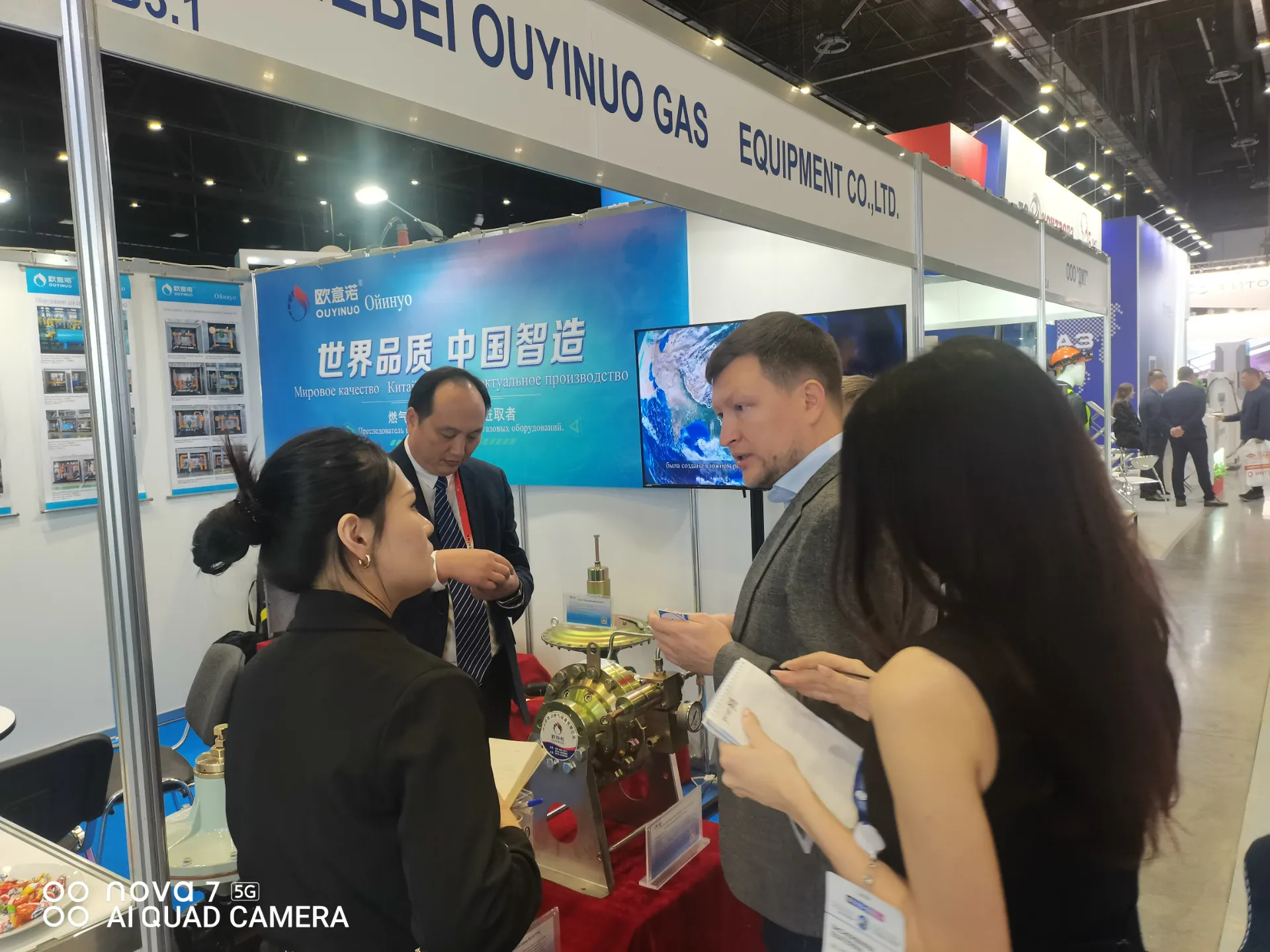
Dec . 24, 2024 19:41
Back to list
Gas Filtration Techniques for Improved Air Quality and Environmental Protection
Gas Filtration An Essential Process for Clean Air
Gas filtration is a critical process employed across various industries to purify air and gases, reducing pollutants and ensuring compliance with environmental regulations. As air quality concerns continue to rise globally, effective gas filtration systems are gaining prominence due to their role in maintaining clean and healthy environments.
At its core, gas filtration involves the removal of particulate matter, harmful pollutants, and gases from industrial emissions and workplace air. This process not only protects the environment but also safeguards human health. For example, manufacturing plants that emit volatile organic compounds (VOCs) and particulate matter must equip themselves with efficient gas filtration systems to minimize these harmful pollutants' impact on air quality.
The technology behind gas filtration has evolved significantly over the past few decades
. Traditional filter media, like fiberglass or woven fabrics, are often used to capture larger particles. However, for finer particulates and gaseous pollutants, advanced filtration technologies such as activated carbon filters, electrostatic precipitators, and catalytic converters have become increasingly common. Activated carbon filters effectively adsorb a wide range of organic vapors and odors, while electrostatic precipitators use electrical charges to remove finer particles from gas streams.gas filtration

One of the key benefits of gas filtration systems is their adaptability. Industries such as pharmaceuticals, chemical processing, and oil and gas have specific requirements for air and gas quality. Gas filtration systems can be tailored to meet these unique demands, making them indispensable in various applications. For instance, in the pharmaceutical industry, maintaining sterile conditions is crucial. Advanced filtration techniques help ensure that any air entering production areas is free from contaminants, thereby protecting product integrity.
Moreover, gas filtration is significant in indoor air quality management. Many people spend considerable time indoors, whether at work or home, making it essential to ensure that the air they breathe is clean. Gas filtration systems can be installed in HVAC systems to filter and purify indoor air, reducing allergens, odors, and harmful gases. This not only improves health outcomes but can also enhance the overall comfort and productivity of occupants.
Environmental regulations play a vital role in driving the adoption of gas filtration technologies. Governments worldwide are tightening emissions standards to curb pollution and combat climate change. Consequently, industries are investing in more efficient gas filtration solutions to comply with these regulations. This regulatory pressure fosters innovation in filtration technologies, leading to even more effective and sustainable solutions.
In summary, gas filtration is a vital process for ensuring clean air, both outdoors and indoors. With its applications ranging from industrial emissions control to improving indoor air quality, the importance of gas filtration cannot be overstated. As technology continues to advance, we can expect even more efficient systems to emerge, further enhancing air quality and environmental protection efforts. Businesses and industries must invest in robust gas filtration solutions to address the evolving challenges of air pollution and contribute to a cleaner, healthier world. The future of our planet and our health depends on these critical technological advancements in gas filtration.
Latest news
-
Safety Valve Spring-Loaded Design Overpressure ProtectionNewsJul.25,2025
-
Precision Voltage Regulator AC5 Accuracy Grade PerformanceNewsJul.25,2025
-
Natural Gas Pressure Regulating Skid Industrial Pipeline ApplicationsNewsJul.25,2025
-
Natural Gas Filter Stainless Steel Mesh Element DesignNewsJul.25,2025
-
Gas Pressure Regulator Valve Direct-Acting Spring-Loaded DesignNewsJul.25,2025
-
Decompression Equipment Multi-Stage Heat Exchange System DesignNewsJul.25,2025

